There are many decisions to make and tasks to complete when you start your own business. From dreaming up your long term goals to making your first official sale, there are many fine details in between. You’ll need to create a business plan, choose a business entity, and make sure you adhere to the legal and regulatory requirements associated with your new responsibilities.
Staring down the face of a complicated checklist can be overwhelming, but there are broad necessities you can look to for guidance as you set up your new venture. Every business will have registration, licensing, and banking needs, and while these needs might vary between business entities and industries, familiarizing yourself with generalities can help you identify and apply legal and regulatory requirements to your specific situation.
Registration
Depending on the type of business entity you establish, you will be required to register your business name with your state or local government. The name you choose will need to be unique for legal reasons, but it should also represent the goals and purpose of your business clearly. If you’re a sole proprietor operating without an assumed name, you aren’t legally required to register a business name, but the option is still open to you.
In addition to a business name, you will likely need to obtain an Employer Identification Number (EIN) from the IRS. Your EIN will identify your new business when you prepare state and federal tax returns. You’ll also need this number to complete a number of business requirements, including paying any employees, applying for various business licenses, and opening a business bank account.
Licensing
Licensing requirements vary widely from industry to industry. There are also different requirements based on your business entity. Generally speaking, however, you will want to check with federal, state, and local licensing regulations that apply to your specific industry needs.
Common business licenses and permits include the following:
Business license
Liquor license
Lottery license
Health permit
Zoning and land permit
Food license
Occupational license
Sales tax permit
Fire department permit
Environmental permit
In most cases, the licenses you secure will need to be renewed with the associated agency or governing body. The renewal period will depend on the license and will be clearly stated in any registration paperwork you obtain. There will, of course, be fees associated with licensing so be sure to factor these costs into your startup budget and add them to all subsequent annual budgets.
Banking
The costs of starting a new business can add up rather quickly. Opening a bank account, applying for a business credit card, and applying for business loans are all financial requirements you’re likely to face in your business’s first few months.
The EIN we discussed earlier will allow you to open a bank account and perform the necessary banking requirements for your business. Having separate banking accounts will help you create and define a separation between your personal funds and those of your business. This separation can be particularly useful in legal matters or times of financial hardship.
In addition to an EIN, you’ll need your business’s formation documents, any existing ownership agreements if you have partners, and your business license that you obtained from the state and local government.
Final Thoughts
While you’ll ultimately need to research the specific legal and regulatory requirements that pertain to your particular business, the main areas you should begin focusing on are registration, licensing, and banking.
Once you’ve worked your way through these requirements, your business will possess any and all licenses required to do business in your state and county, as well as all necessary registration documents for legal purposes. You’ll also possess a business bank account in which you can deposit funds, apply for credit, and solidify the separation between your personal and business assets.
Throughout this process, you should reach out to a financial advisor and consult your legal counsel if and when you feel out of your depth. Having a team of professionals support your business is always a comfort in your first year and almost certainly a necessity in years to come.

